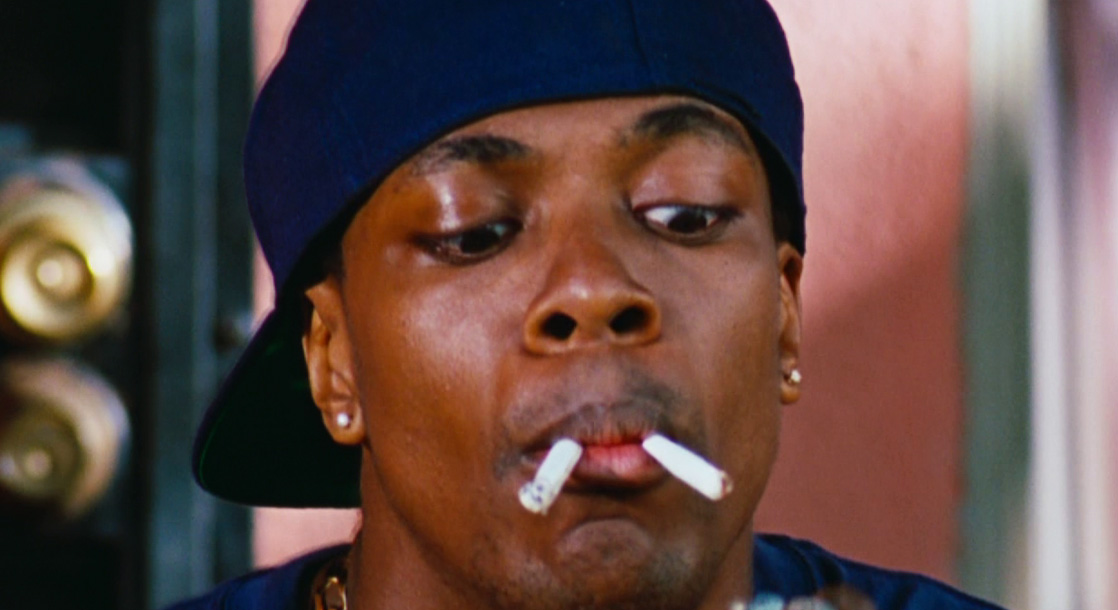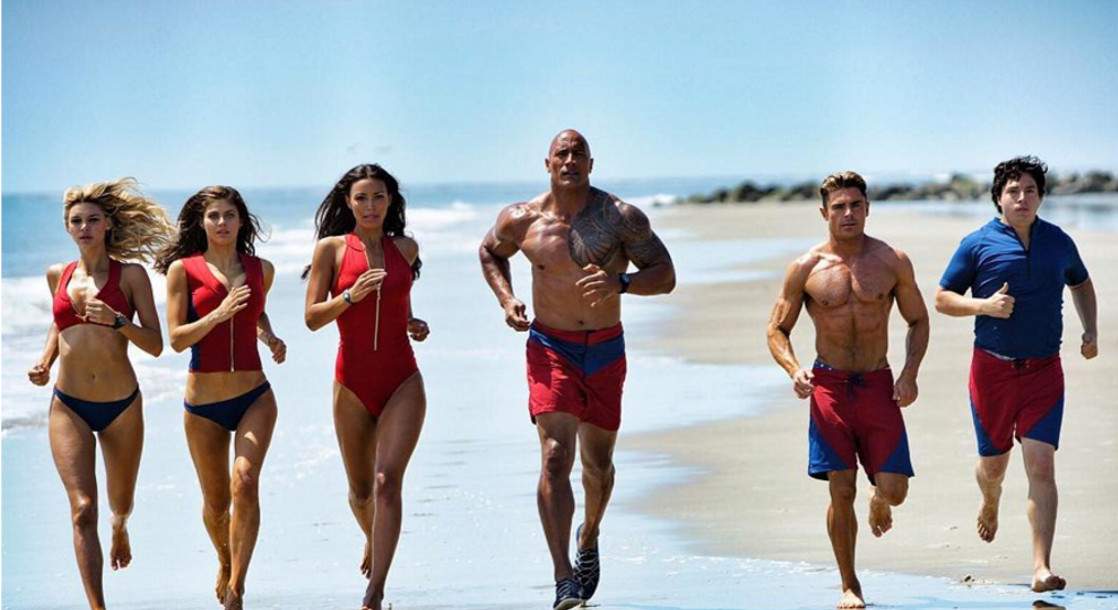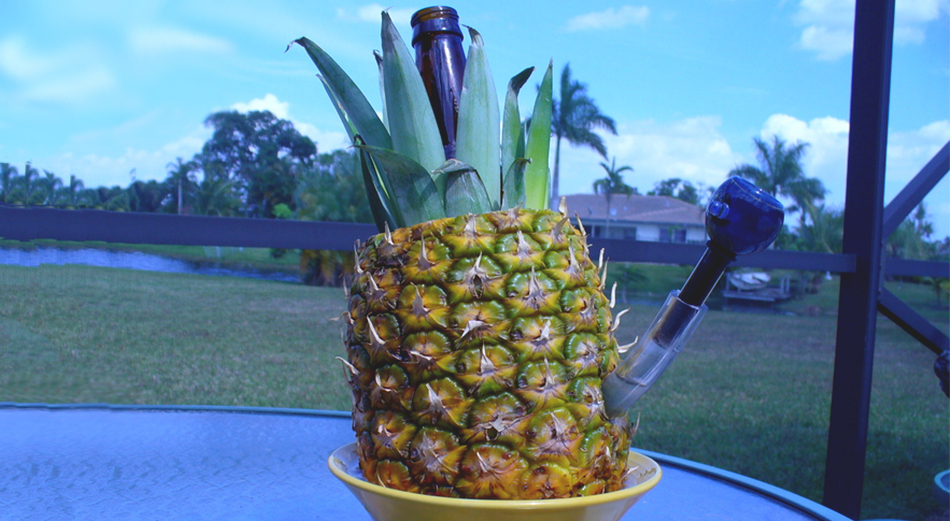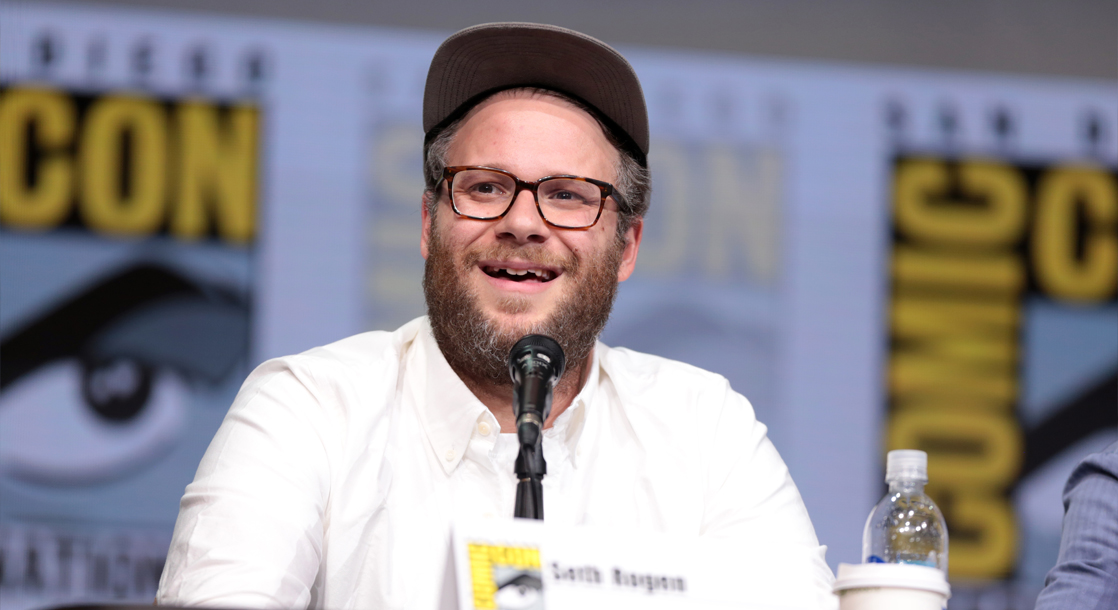It may seem that society’s view on marijuana use is beginning to ease, and deservingly so, considering that legalization and decriminalization has spread rampantly throughout the world. But once upon a time, in this strange place referred to as the ‘90s, cannabis was as stigmatized as any other drug. Strangely enough, marijuana-related movies and entertainment used to be a key ingredient for a cult classic, acting as the basis for classic films like Fast Times at Ridgemont High, Easy Rider, and who could dare forget, Cheech and Chong’s Up in Smoke.
But, although the ‘70s proved that pot had a place in the film industry, the detrimental War on Drugs, which became an ultra-prominent force in the United States under the Reagan administration, seemed to put a halt to all of the fun. As drug humor turned into a serious political issue, the ‘80s proved to be lackluster for cannabis-infused cinema and television. In fact, it’s extremely hard to find a movie made in the ‘80s that shines any sort of comical light on marijuana after 1982, when Fast Times at Ridgemont High was released.
As the ‘90s approached thereafter, our culture was left in a strange situation, part of us began accepting drug humor into our lives again, while others refused to lighten up about this medicinally valuable plant. In fact, that decade's overall view of cannabis could be summarized in one instance involving President Bill Clinton, who couldn’t quite deny that he had tried marijuana, but also cautiously (and quite unbelievably) had to excuse himself by claiming that he ‘never inhaled'.
The stigmatization of marijuana that carried over into the ‘90s was heavily influenced by the way society and pop culture viewed the substance from the decade before, from the leakage of the ‘War on Drugs’ to programs like Drug Abuse Resistance Education (D.A.R.E.), which certainly served an important purpose in some regard, but also coupled marijuana with the likes of hard drugs, such as heroin and crack-cocaine. During this time, anti-weed commercials were a dime a dozen, and would now probably be more akin to a humorous sketch than a fearful warning.
When the late ‘80s and early ‘90s came about, anti-marijuana PSAs were all the rage. Anti-drug commercials went to great lengths to try and attribute marijuana as a lethal, dangerous, and all together uncool thing to try. At the same time, they also probably acted as satirical comedy for those who were already watching them under the influence. Here are some of the most recognizable commercials from throughout the ‘90s:
There was the talking dog pleading with her owner, Lindsey, to quit smoking marijuana on the strange Above the Influence commercial, prompting many jokesters to suggest she must be on more than weed if her dog is speaking to her.
There was the Teenage Mutant Ninja Turtles suggesting to young peer pressured kid to order a pizza instead of talking to his local school drug dealer (why not both?).
And, of course, one of my all-time favorites, a lady named Ellie who goes through the mundane routines of life, from restaurants, to the mall, to grocery shopping, and gets offered a toke at every turn. Although it seems like the recipe for a pretty entertaining day, the point of the commercial was to show how frequent a 13-year-old gets pressured to smoke marijuana.
Although the anti-marijuana lobbyists did what they could to keep cannabis demonized as a dangerous substance, pop culture started reaching for ‘greener’ pastures. After comical references to marijuana started to falter under pressure in the ‘80s, the next decade proved to thrust marijuana use back into the spotlight, particularly through the medium of film and music. Richard Linklater’s 1993 cult classic Dazed and Confused showed marijuana use as part of high school growing pains. Later on, in 1998, Dave Chappelle’s movie Half Baked solidified stoner comedy as a viable genre, paving the way for films like How High and Pineapple Express.
Another major advocate of cannabis in the '90s was the hip-hop scene, pioneered by the likes of Cypress Hill and Snoop Dogg, and backed up by almost every prominent artist who staked their claim in hip-hop. It wasn’t just Cypress Hill taking ‘Hits From the Bong’ in their records and onstage, marijuana use started showing up to steer hip-hop-driven films like Friday, while music videos started to show blunts and joints galore. The hip-hop industry was an undeniably monumental force in legitimizing the use of marijuana throughout the ’90s. Even prominent rock artists of the time, such as the Black Crowes, Willie Nelson, and Sinead O'Connor, came out to publicly advocate for cannabis.
All in all, the ‘90s were an extremely formidable decade for the marijuana industry, especially while going up against the stigma produced by anti-drug commercials and the still-occurring fallout of the U.S. War on Drugs. Although most official movements to either legalize, decriminalize, or medicinally enable marijuana stemmed in 2000 and on, none of what we have today would have been possible without the legitimization from pop culture, film, music, and, of course, comical anti-pot commercials…











